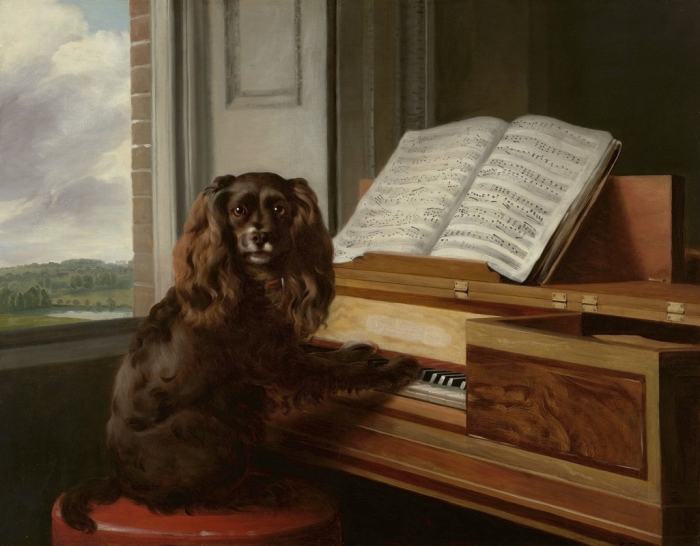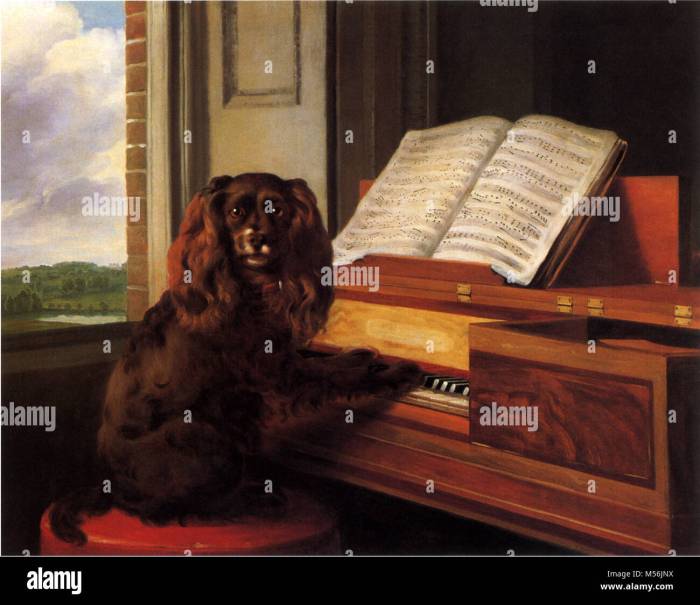The extraordinary musical talents of Wolfgang Amadeus Mozart have captivated audiences for centuries. His prodigious abilities, innovative compositions, and exceptional performance skills have left an indelible mark on the world of classical music. This comprehensive examination delves into the multifaceted genius of Wolfgang, exploring his early influences, groundbreaking works, and lasting impact on the musical landscape.
Early Life and Influences: The Extraordinary Musical Talents Of Wolfgang

Wolfgang Amadeus Mozart, born in Salzburg, Austria, in 1756, exhibited extraordinary musical abilities from an early age. His father, Leopold Mozart, a talented musician himself, recognized and nurtured his son’s talent.
Leopold provided Wolfgang with rigorous musical training, teaching him the fundamentals of composition, keyboard playing, and violin technique. Mozart’s exposure to the works of Johann Sebastian Bach, George Frideric Handel, and other renowned composers further enriched his musical development.
Musical Compositions, The extraordinary musical talents of wolfgang
Mozart’s compositions encompass a wide range of genres, including operas, symphonies, concertos, and chamber music. His works are characterized by their melodic beauty, harmonic complexity, and structural ingenuity.
- Operas: Mozart’s operas, such as “The Marriage of Figaro” and “Don Giovanni,” are renowned for their dramatic intensity, memorable melodies, and skillful use of recitatives and arias.
- Symphonies: Mozart’s symphonies, such as the “Jupiter Symphony” and the “Prague Symphony,” exhibit his mastery of orchestral writing, with rich harmonies, lively rhythms, and intricate counterpoint.
- Concertos: Mozart’s concertos, particularly for piano and violin, showcase his virtuosity as a performer. These works feature brilliant solo passages, intricate orchestral accompaniment, and a blend of classical and romantic elements.
- Chamber Music: Mozart’s chamber music, such as his string quartets and piano trios, demonstrates his ability to create intimate and expressive works for smaller ensembles.
Performance Skills
Mozart was not only a prolific composer but also an exceptional performer. His virtuosity on the piano and violin astonished audiences.
As a pianist, Mozart possessed remarkable dexterity and a keen sense of musical phrasing. His performances were characterized by their clarity, elegance, and expressive depth.
As a violinist, Mozart’s technique was equally impressive. He could execute complex passages with ease and grace, showcasing his mastery of the instrument.
Contemporaries and Impact
Mozart’s musical achievements were unparalleled during his lifetime. His contemporaries, including Joseph Haydn and Ludwig van Beethoven, admired his talent and recognized his influence on the development of classical music.
Mozart’s music had a profound impact on subsequent generations of composers. His innovative techniques, harmonic language, and melodic invention inspired the works of Beethoven, Schubert, and many others.
Personal Life and Legacy
Mozart’s personal life was marked by both triumphs and tragedies. He enjoyed fame and success as a child prodigy but faced financial difficulties and health problems later in life.
Mozart’s legacy as one of the greatest composers of all time is undisputed. His music continues to be performed, recorded, and studied around the world, inspiring and captivating audiences with its beauty, ingenuity, and timeless appeal.
Q&A
When did Wolfgang Amadeus Mozart begin composing music?
Wolfgang Amadeus Mozart began composing music at the age of five.
What is considered Mozart’s most famous opera?
Mozart’s most famous opera is “The Marriage of Figaro.”
What was Mozart’s relationship with his father, Leopold?
Mozart had a close relationship with his father, who was also a musician and composer. Leopold recognized and nurtured Wolfgang’s musical talents from a young age.


